Article by Ismary Munet
Photo credit by Niko
The 2014 AREAA Global and Luxury Summit was held from April 12 to April 15, and highlighted the emerging market opportunities present in both the international and luxury real estate markets. On Monday April 14, the 2014 Asian Real Estate Association of America (AREAA) Global and Luxury Summit continued to be held in New York City at the Waldorf Astoria Hotel.
AsianInNY covered another session: Breakout #11 Prospecting For Asian Clients And Developing International Customers.
Breakout #11 was held in the Astor Salon, and focused on how real estate professionals have successfully created business and referral connections in Asia. The speakers included Sophie Aretta, Director of Operations for Proxio, Bruce Feffer, Managing Partner of Dai and Associates, Frank Chu, Area Manager for Wells Fargo Home Mortgage, and Winnie Ho, Mortgage Consultant of HSBC.
Sophie Aretta discussed the importance of doing the groundwork in luxury real estate. In order to be successful, agents should strategically build a plan. Aretta has been a real estate professional for 10 years, and expanded to work in the global market and become a luxury agent. Proxio is an international MLS, which allows practitioners to input their listings, which are then translated to 19 languages and 55 currencies.
It is similar to a Facebook or LinkedIn that solely focuses on business, and helps professionals build relationships with other businesses and clients. Members of AREAA have access to Proxio for free.
Aretta also explained working in the global business, “Having a few international clients doesn’t make you an international agent. All that makes you is an agent with international clients,” Aretta said explaining that research has to be done to get a better understanding of the clientele and the business.
She also spoke about the importance of building a team with business attorneys, immigration attorneys, international consultants, and even functuay consultants, “Build these lifetime relationships, because that’s where the money is,” Aretta said.
Adding on to this, Bruce Feffer, proud member of the New York chapter of AREAA and Managing Partner of Dai and Associates law firm, explained that it takes years to develop clientele. Feffer has been practicing law in the Chinese community for 30 years, and stressed the importance of cultivating an international clientele, and focusing on cultural sensitivity.
His number one rule is to start local, go global. He advised to start small, because it takes time to build a brand. According to Feffer, the relationship and trust factor with clients is far more important than how many deals an agent has done, “You’ve got to really cultivate those relationships,” Feffer said.
Frank Chu discussed his business in Wells Fargo Home Mortgage. He is based in Southern California, and his loan offers are relationship driven. He joined Wells Fargo in 2008, and focuses on community outreach and providing resources.
More than half of Chu’s business is made up of foreign buyers. He also explained the importance of planning, and in this case specifically,knowing what part of Asia an agent wants to work with.
“It’s very easy to destroy a brand if you don’t deliver those promises,” Chu said while explaining the importance of having and building a relationship with a client.
Winnie Ho has been with HSBC, Hong Kong and Shanghai Banking Corporation, for six years and is based in San Francisco. HSBC has over 7,000 branches worldwide and is very trusted. In the U.S., it has designed loans for mortgage business.
Ho attributed the success of the company to their focus on taking care of the customers, “One factor I really want to point out, is that people from China, you really have to show them that you really care; why they’re here; what are their plans?,” Ho said.
Aretta also advised that in order to help an agent’s business, “Start branding yourself as a global specialist. Your business card should have global specialist or international specialist on it,” Aretta said.
Something as simple as having a currency exchange widget on a website is also very helpful.
“The barrier here is not the language,” moderator Vicky Silvano said. “The barrier is making the connection, but it does help [to know the language],” Feffer said.
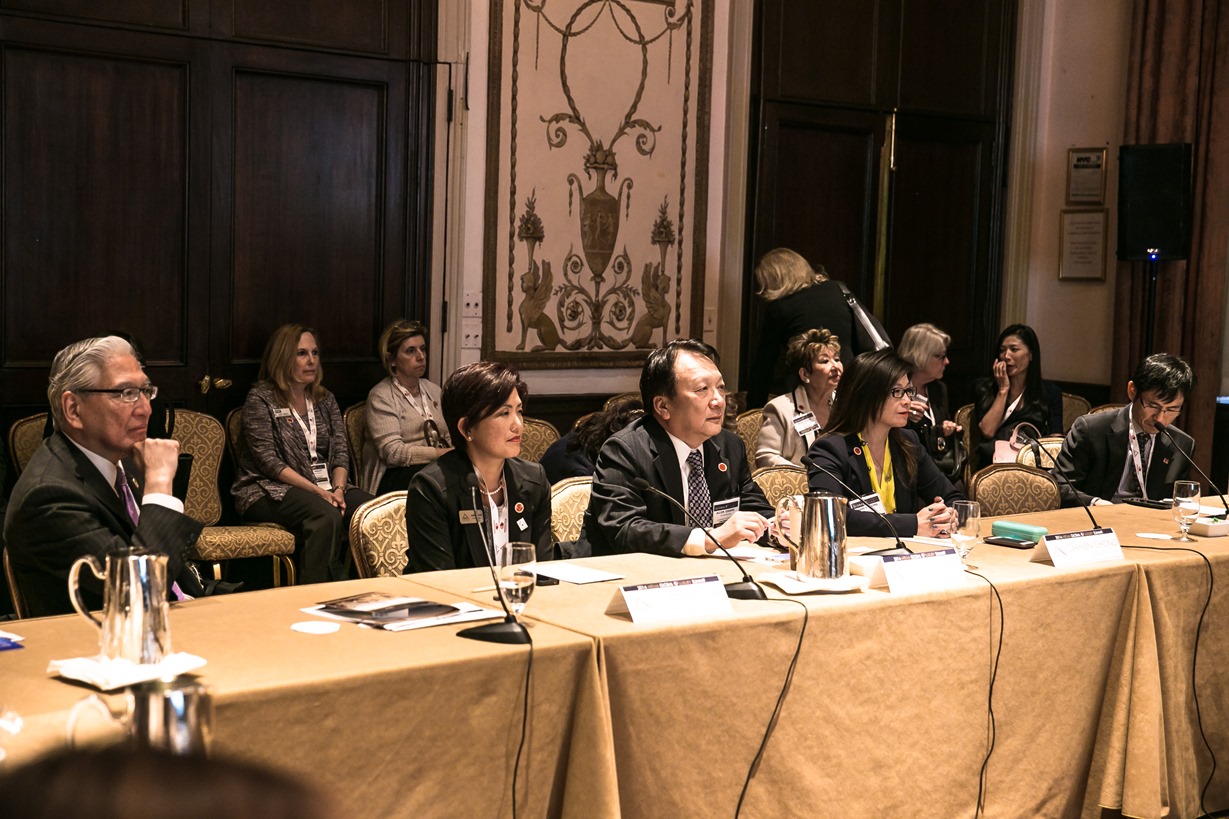
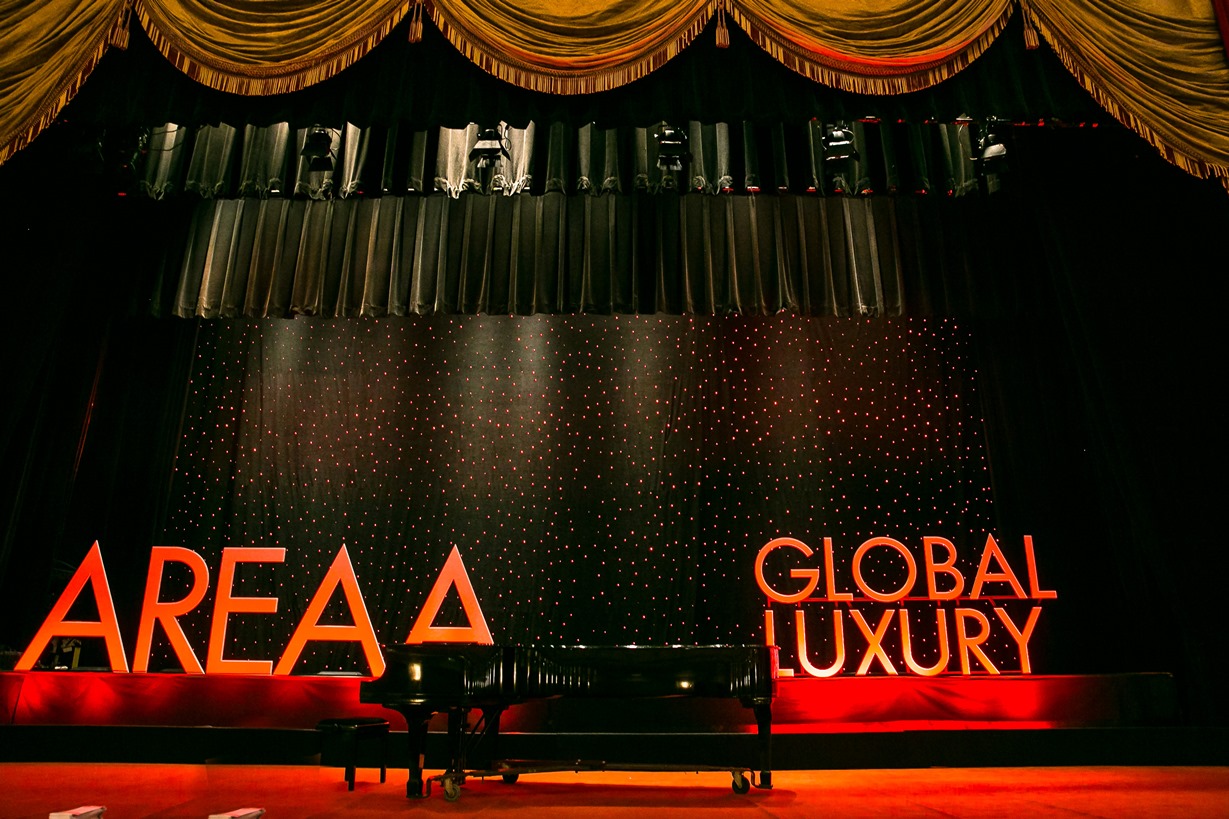
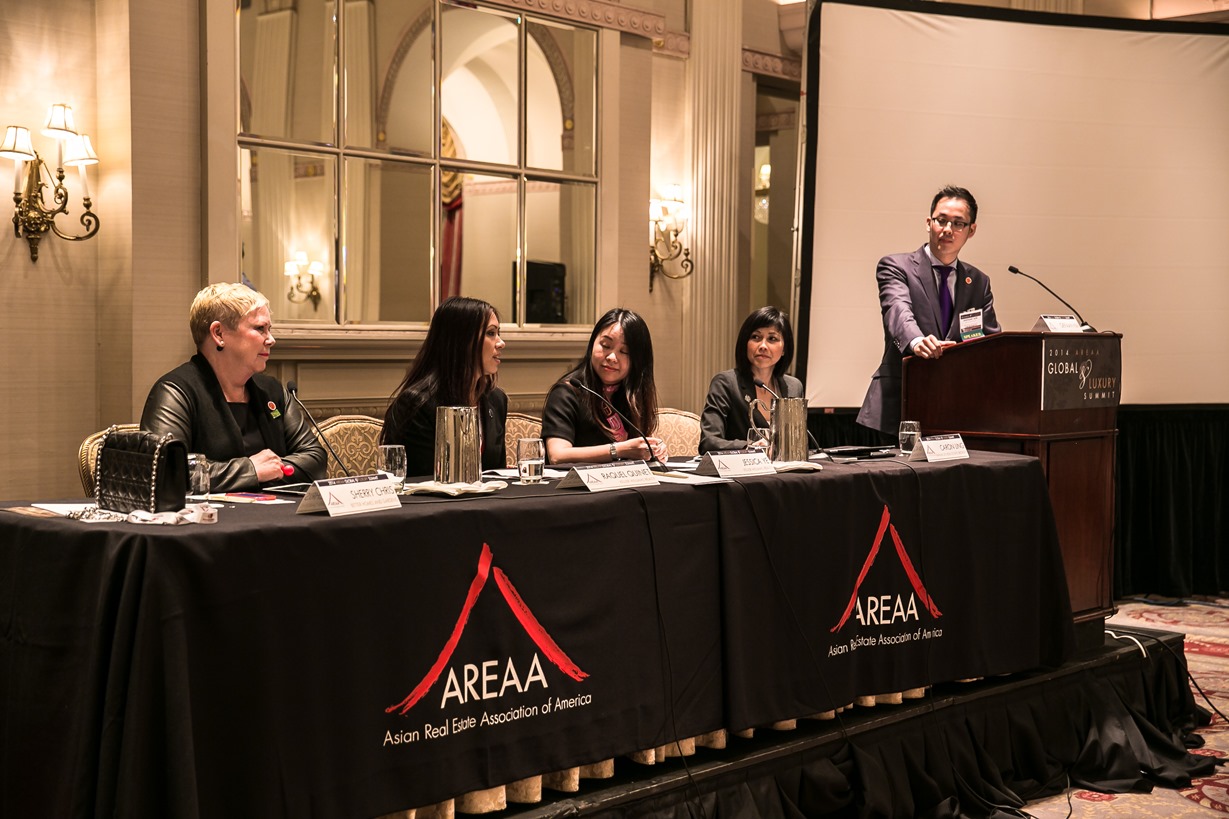
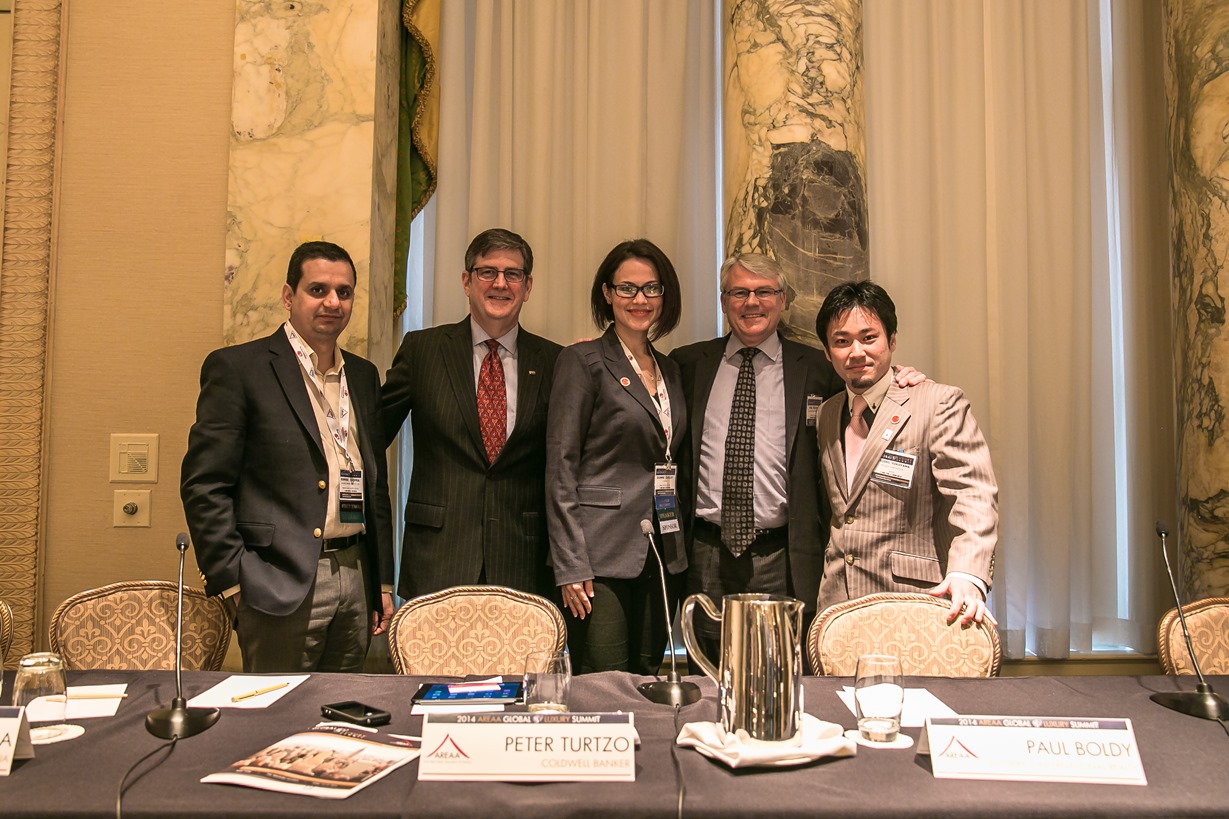
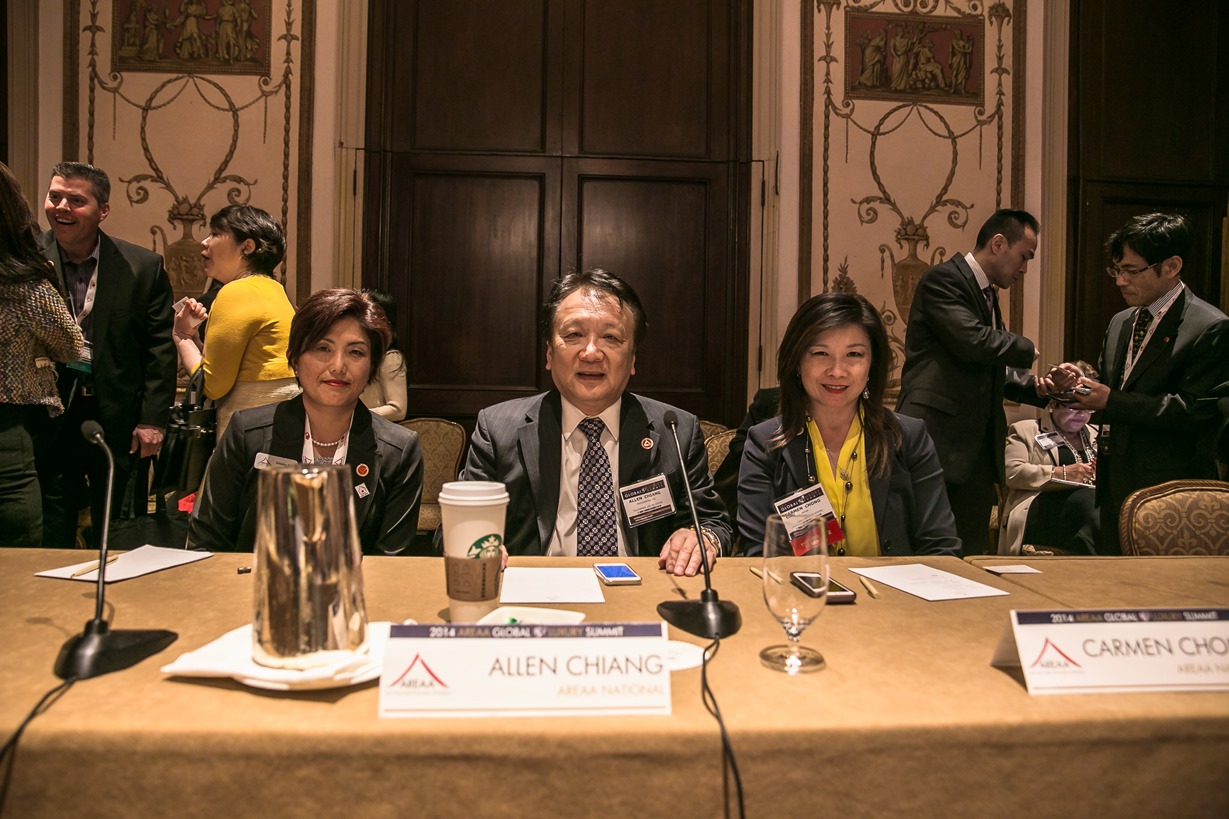
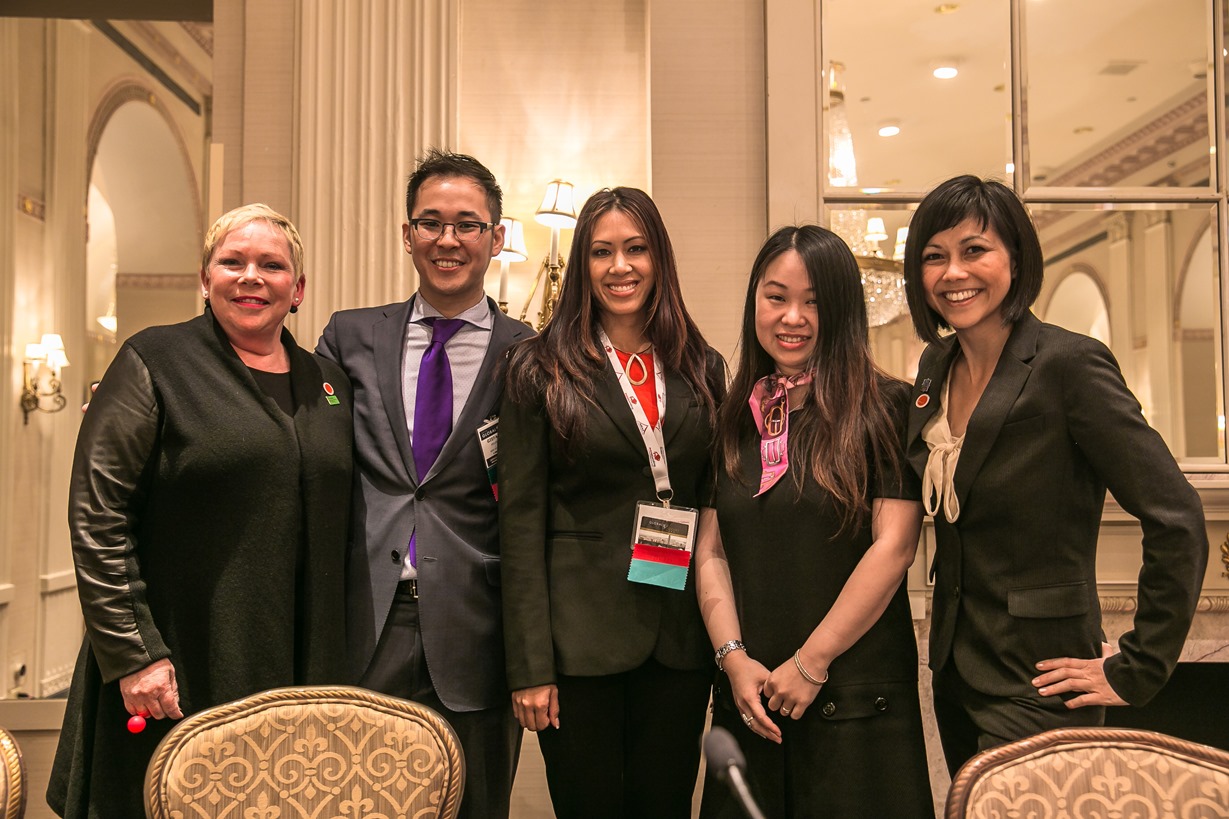

Leave a Reply